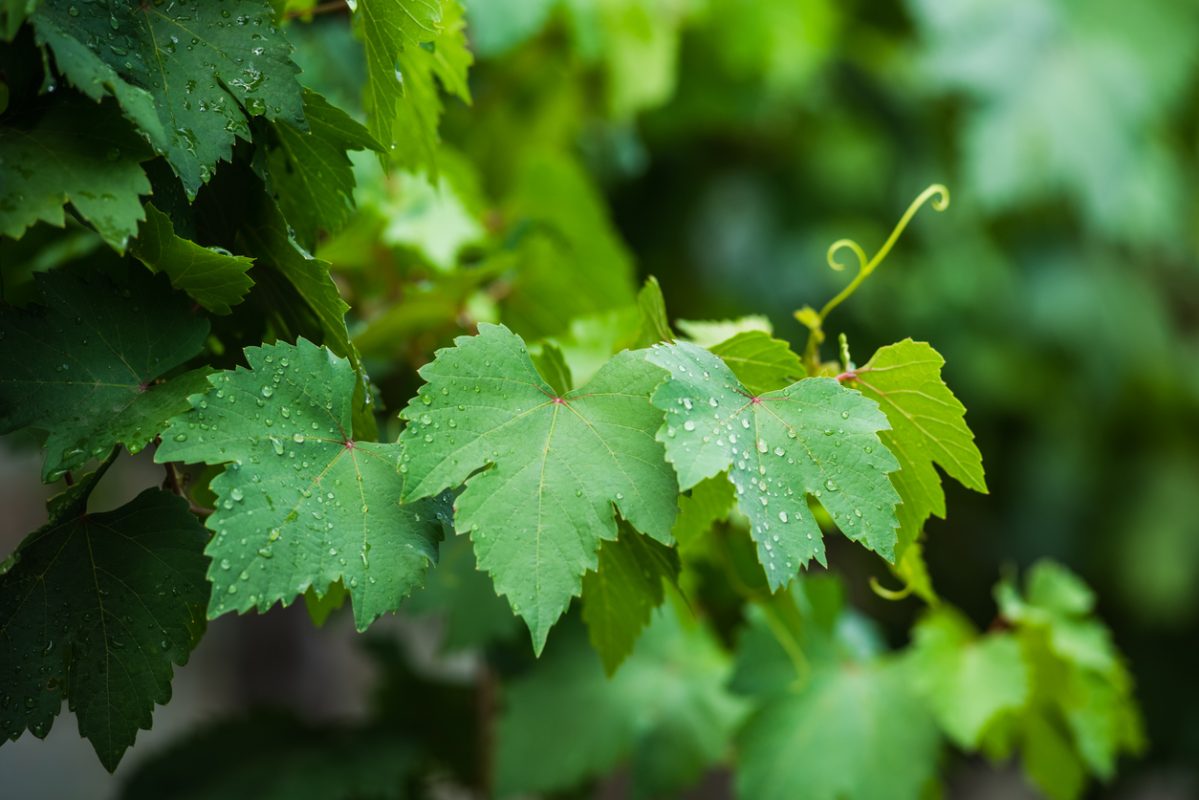Global artificial intelligence firm Deep Planet has obtained exclusive commercial rights to VineSignal, an app that assists growers in vine management, irrigation and diagnosis of disease symptoms.
The app was created in Australia through a research partnership between the NSW Department of Primary Industries (DPI), and Charles Sturt University, which was funded by Wine Australia. Viticulturists, plant physiologists and machine learning specialists all worked on VineSignal.
VineSignal is currently in its prototype phase, and once fully operational, will give growers the ability to assess images of vine leaves through their smartphone camera. The app can then detect symptoms of disease and other issues that can impact quality, consistency and vine health.
In a blog on the Deep Planet website, the company says it was motivated to develop the app to help assist growers with variability in ‘vine vigour and grape composition’, which can make it difficult for viticulturists to meet quality specifications for winemakers.
‘We’ve developed VineSignal to meet growers’ needs for detailed insights into vigour variability in their vineyards. As climate change increases temperatures in wine-growing regions around the world, affecting vine vigour and grape composition, tools for precision viticulture are becoming more important than ever before,’ the blog continued.
‘Growers often have the opportunity to make up to AU$2,155 per hectare for reducing variability.’
VineSignal, the company says, reduces the need for manual monitoring of the vine, bringing down labour costs, while providing more accurate forecasting and scalability potential.
The app will also provide season summaries, including ‘a historical (timelapse) summary of the past four years from bud burst to vintage.’
‘This enables growers and viticulturists to make off-season adjustments for nutrients and variability,’ Deep Planet say.
Depending on the customer’s requirements, high-res satellite imagery from drones and planes is also able to be integrated into the app’s data and machine learning algorithms, maximising accuracy.
Charles Sturt University’s image analysis experts, including Associate Professor Lihong Zeng and Professor Manoranjan Paul, worked with NSW DPI researchers to provide images of disease for artificial intelligence assessment of growing vines.
The University’s Pro Vice-Chancellor, Michael Friend, commented about the possible applications of the app.
“The detection and diagnostic capability of the app works through the image analysis algorithms developed by the team and allows users to quickly identify vine nutrient deficiencies and access remedial actions based upon the diagnosis.”
While Deep Planet CEO, David Carter, said he was excited about the technology’s potential.
“We’ve been working closely with a number of Australian producers to help them manage their vine health, irrigation, yield and maturity using satellite imagery combined with our machine learning and AI capabilities,” Carter said.
“Adding and improving this technology as a practical tool for on the ground nutrition monitoring is an obvious next step to enhance the impact we can offer our clients.”
Dr Adrian Zammit, NSW DPI Deputy Director General, believes the commercialisation of research can help address agricultural challenges.
“NSW DPI is committed to understanding and researching the challenges of our agriculture sector and ultimately delivering practical outcomes that add capability and competitiveness to the farm gate.
“It is encouraging to see these research bodies working together with a global agtech company, and together recognising the value of this key co-operative research project,” Zammit concluded.

